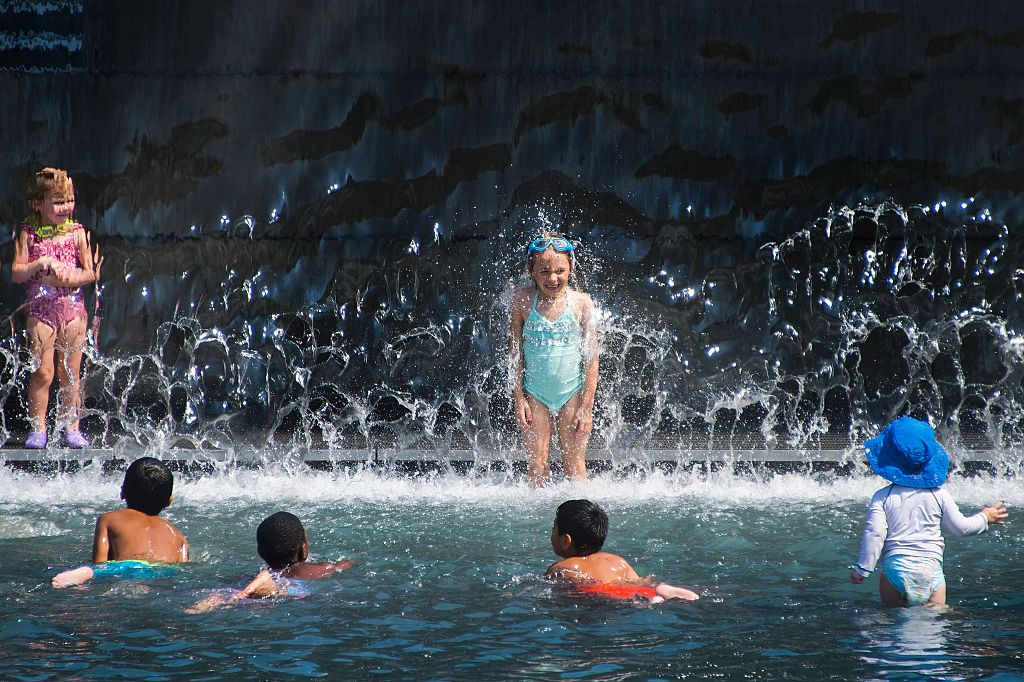A Connecticut mom is devoting her life to teaching others about water safety after her son’s drowning 15 years ago.
“Swimming is joyful, right? We want families to have fun in the water but we also want them to be educated about the risks that exist,” Karen Cohn told “Good Morning America.”
Cohn shared what happened the day of her son Zachary’s drowning in 2007.
“So it was our first summer, our first home with a pool. We were really excited. Unfortunately, we had no idea about drain entrapments. So the cover had become loose over one of the drains in our pool. And my son Zachary’s arm became stuck in it and he was held underneath the water and we could not get him out,” she said.
Cohn said that they knew they had to shut down power in order to release him but the only way she knew how to shut down power at the time was to shut down power to the entire house.
“I did that and we did release him and unfortunately it was too late and he could not be resuscitated,” Cohn continued.
When we lose a loved one Matthew 5:4 tells us, “Blessed are those who mourn, for they will be comforted.”
About 900 children from ages zero to 19 die from unintentional drowning each year, according to Children’s Safety Network.
After Zachary’s tragic death Cohn said that they decided “right away” that they wanted to do something about it.
Cohn started her own foundation and now works with Boys And Girls clubs to advocate for water safety.
Cohn shared some tips for parents to help keep their children safe in the water:
“Reminding parents that when you take your kids swimming, please make sure you’re the first line of defense and because your eyes need to be on your kids first. And if your kids don’t swim, make sure that they’re at arms length from you. Make sure that toys are brought in from outside in the water because kids are often attracted to those toys. If even you have a blowup swimming pool in the backyard, after you’re done having that swim time, make sure that blowup pool is emptied.”
Continuing, she said, “If you’re going to a beach or a lake, make sure that you park yourself in front of a lifeguard and [are] checking those flags for the conditions of the water. If you are going to be going to the water and your kids don’t know how to swim or if you’re gonna be on a boat, it may also be important for you to have a Coast Guard-approved life jacket. Make sure you as an adult are wearing them as well when you’re on open water because you never know what could end up happening. It’s just better to be safe.”
























